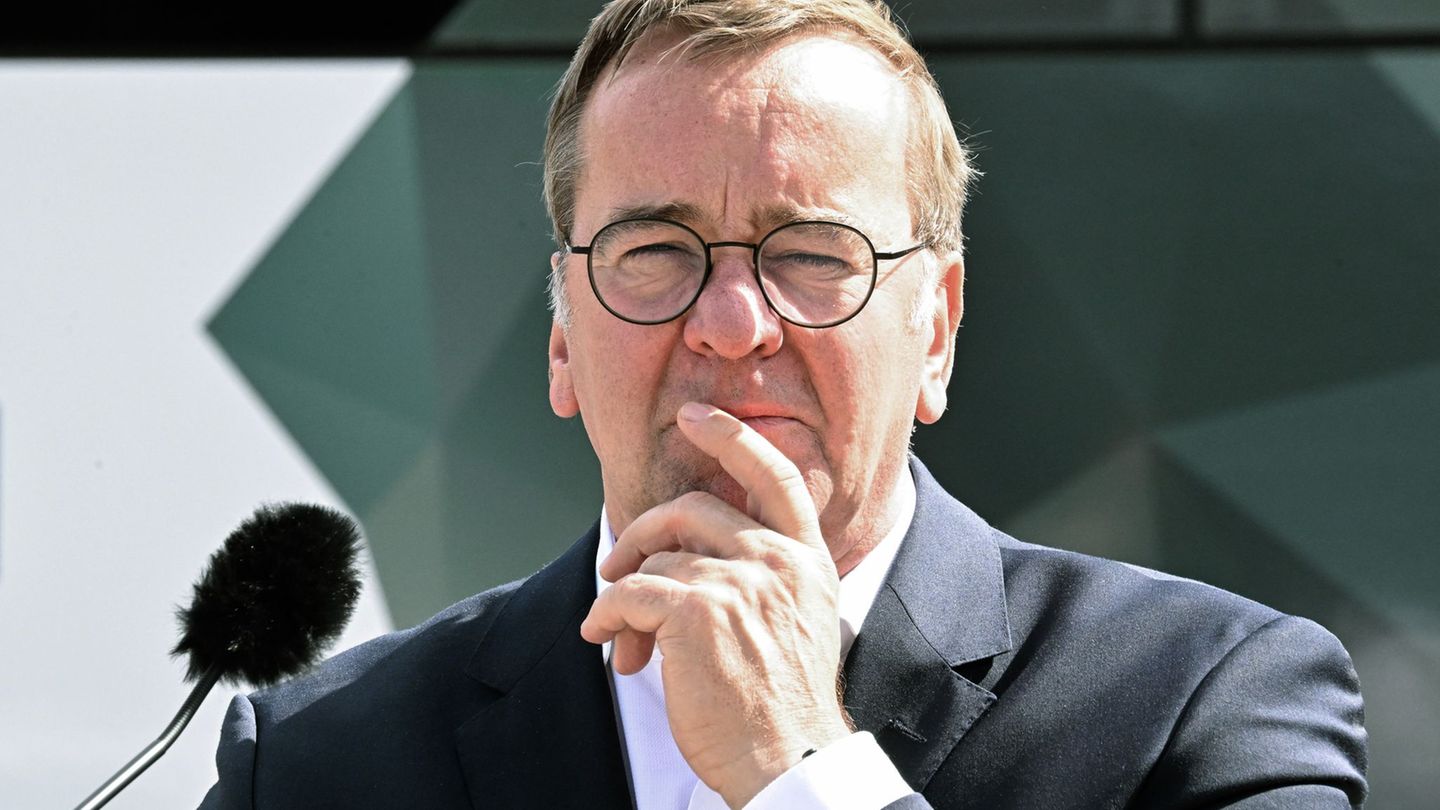The song created by artificial intelligence(AI) generative and composed by the anonymous musical creator ghostwriter, “Heart on My Sleeve”,was presented in the categories of best rap song and song of the year of the Grammy awardsand will be eligible for an award, since “it was written by a human.”
Last June, the Grammy awards updated the guidelines guiding the selection of nominees to include a number of nuances regarding the use of generative AI in music. In this sense, the regulations specified that the possibility that an AI could be nominated or win a Grammy is ruled out, limiting this situation only to human creators.
However, it was also detailed that materials generated by an AI can be admitted as long as the human authorship is “significant and more than minimal.” Furthermore, this component of human authorship must be “relevant to the category in which said work falls.”
In this frame, ghostwriterthe anonymous composer of the song “Heart on My Sleeve”which used generative AI to, among other things, simulate artists’ voices Drake and The Weekndhas presented this song for the next edition of the Grammy Awards, with the intention of participating in the ‘Best Rap Song’ and ‘Song of the Year’ categories.
What the Academy said about AI songs at the Grammy Awards
About, The Recording Academy –the organization that awards the Grammy Awards– has indicated that it can accept this song as an eligible option for the awards, since it is a song written by a human.
This has been shared by The New York Times, who has had access to the statements of a representative of ghostwriterwhich detailed that the team had recently submitted the song to the Awards, as well as the statements of the producer and executive director of the Academy, Harvey Mason.
In this sense, Mason has pointed out that despite being a song created with generative AI, which replicates the voices of other artists, it is a song eligible for the Grammy Awards. “As for the creative part, it is absolutely eligible because it was written by a human being,” she explained.
However, Mason has also developed that the Academy will check if the song meets other requirements, such as being commercially available, since there is a rule that a song must have “general distribution.”
That is, the song must have met “the wide release of a recording, available nationwide through physical stores, third-party online retailers and/or streaming services,” according to the regulation. In this regard, the representative of ghostwriter He has detailed that the team is aware of this commercial availability requirement, although he has not detailed how they will solve it.
image.png
“Heart on My Sleeve” the song generated by AI
The song “Heart on My Sleeve”which was released earlier this year, was mostly composed originally by ghostwriter. However, it uses the voices of Drake and The Weeknd thanks to the implementation of AI and was published without authorization.
For this reason, although the subject became well known among users, especially on social networks, it was withdrawn from streaming services after complaints from record companies. Later, according to The New York Times, the Ghostwriter team met with record labels, music platforms, and artists to explore ways to use AI in music.
Following this line, they also indicated that their intention is to raise awareness about all the possibilities that AI voice filters offer. They even compared the use of generative AI with other techniques such as ‘sampling’ in hip-hop, that is, recording a sound and reusing it later for musical composition.
So much so that the team set out to create a platform where artists could license their voice for other artists to use in their creations. In this way, users could pay to use other artists’ voices in their songs without them actually having to intervene.
For his part, Mason also pointed out that AI will play an important role in the music business and, therefore, he has ruled that we cannot “turn our backs on it and try to ban it.”.
Source: Ambito
I am an author and journalist who has worked in the entertainment industry for over a decade. I currently work as a news editor at a major news website, and my focus is on covering the latest trends in entertainment. I also write occasional pieces for other outlets, and have authored two books about the entertainment industry.




